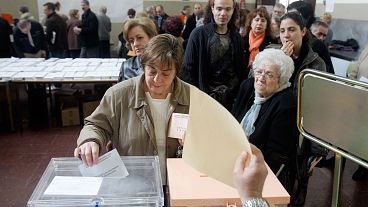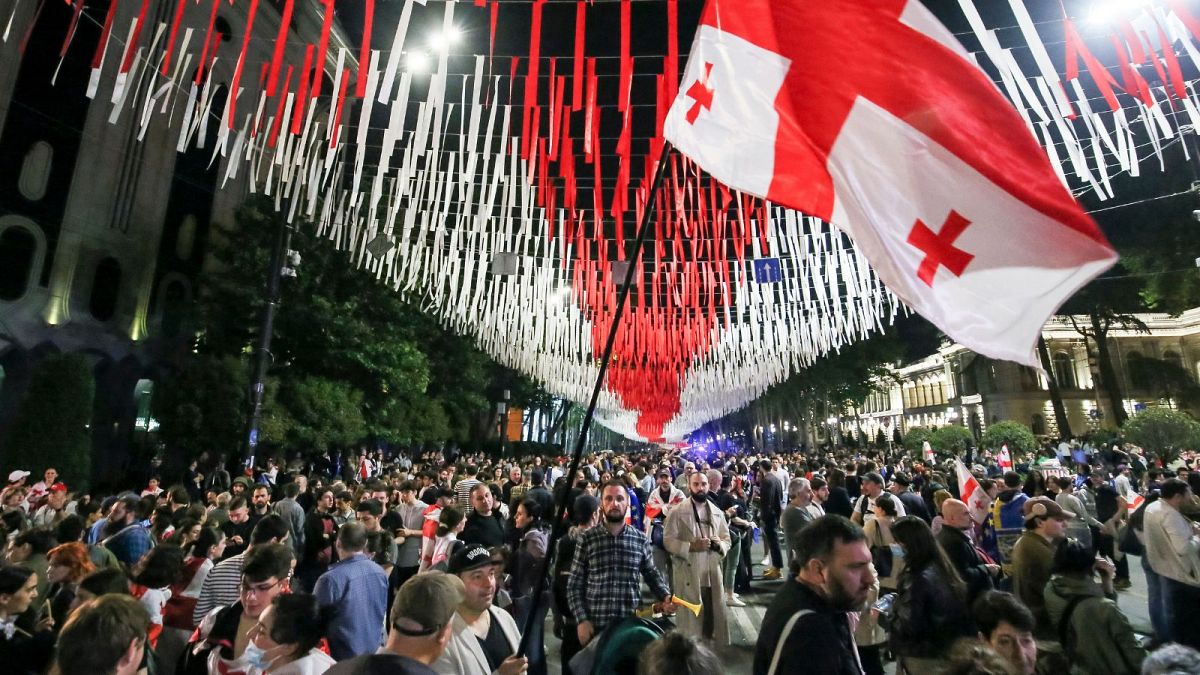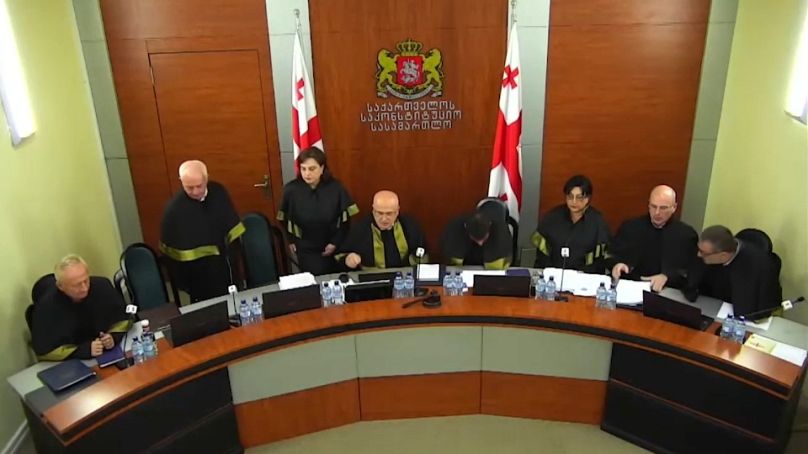The registration window for organisations to declare themselves 'foreign agents' under a controversial new law closed on 2 September.
The vast majority of NGOs in Georgia have refused to register themselves on the so-called "foreign agents" database under the controversial Transparency of Foreign Influence law — often referred to as the "Russian law".
When the 30-day registration period closed on 2 September, only 469 out of approximately 30,000 NGOs active in the country had registered.
The remaining organisations refused to comply, claiming the law is inspired by illiberal Russian legislation and threatens freedom of speech and democracy.
Under the law, NGOs receiving more than 20% of their funding from foreign donors would have to register as organisations "bearing the interests of a foreign power". Failure to do so will result in severe penalties, including an initial fine of just over €8,399 followed by a monthly fine of roughly €6,712.
"All the organisations that have registered say that both the registry and the 'Russian-style law' contradict their values," Guram Imnadze, Programme Director of the Social Justice Centre, told Euronews. "They didn't register of their own free will, they just did it to prolong their existence in the short term.
"Under the law there is no discrepancy between registered and un-registered organisations. This creates problems for those that work toward maintaining democracy and justice in this country."
The EU, meanwhile, has warned the law could jeopardise Georgia's progress toward joining the bloc.
Legal challenges continue
The law is already being challenged in Georgia's Constitutional Court. Lawsuits have been filed by 121 civil society and independent media organisations, a number of opposition MPs and two journalists.
President Salome Zourabichvili has also filed a case, claiming the law violates Georgia’s constitutional commitment to joining the European Union and NATO.
A preliminary hearing was held in the Constitutional Court in August, but constitutional law scholar and former Georgian MP Vakhtang Khmaladze does not believe the law will be suspended in the meantime.
“I consider it very likely that the court will accept the lawsuit in whole or in part, although I doubt it will meet the statutory stay," he told Euronews.
The legal challenges come ahead of parliamentary elections on 26 October.
Major opposition parties have expressed their intention to repeal the law if elected, while the ruling party maintains its position that the law only serves to improve transparency and accountability.













